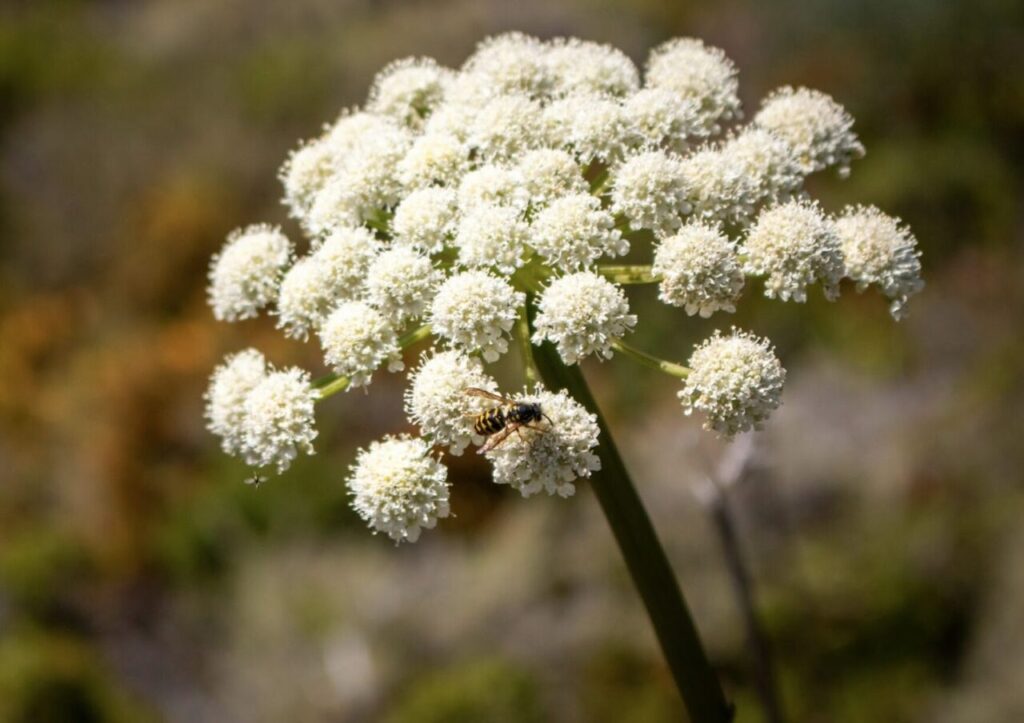Wasps are one creature that it’s safe to say nobody ever wanted to have hanging around! And while they’re doing what they’re made to do, you might wonder why they must do it so close to your house.
If it’s not your house, it’s somebody else’s because, let’s face it…you’ve got what they need.
Food, and a nice place to live and raise their young.
Ouch!
Thankfully, armed with some knowledge and proactive measures, you can assert your authority and send those pesky wasps packing.
Know your enemy: understanding wasps
To begin with, what are our uninvited guests after? Wasps are attracted to two main things: food and shelter.
Sugar and protein are their jam (no pun intended).
As for real estate? They’re always looking for cozy little places to build their nests; eaves, attics, trees, and even shutters are among their favorite spots.
Commonly seen flying pests include paper wasps, yellow jackets, and the biggest, grumpiest guy in the group- the hornet!
Although each of these critters is unique in looks and behavior, they all share one thing in common: they make lousy neighbors.
Your Wasp Prevention Toolkit
So, now that you know a little about “homeowner enemy number 1”, let’s consider some effective strategies to keep wasps from keeping you hostage in your home.
1. Keep it clean
Love spending time cooking outdoors?
After the BBQ, make sure everything has been cleaned and that no food scraps or spills are lying about.
One forgotten drop of soda can quickly turn into a house party for a gang of wasps faster than you can say, “Ouch!”
And trash? Don’t let it pile up. Make sure your containers have tight-fitting lids and are always locked up tight.
Who wants to toss a trash bag into the bin only to have a swarm of angry hornets chasing you down for interrupting their fiesta.
2. Sealant is your friend
Walk all around your house…look for any gaps, holes, or cracks that could serve as a wasp’s secret entrance and seal those babies up!
3. Use natural deterrents
Essential oils like peppermint and clove smell heavenly to humans, but wasps hate them. Combine a few drops in a spray bottle with a little water, and you have a lovely-smelling, natural wasp-repellent.
Another idea is to set up vinegar traps. Remember those roach motels? You can create a “wasp hotel” where the winged pests check-in, but they don’t check out.
Combine equal parts water and apple cider vinegar in a jar, add a drop of dish soap, and watch it work its magic.
Of course, another alternative is to use modern science and opt for commercial wasp spray and/or traps. These products are designed to kill wasps on contact and can be used to eliminate nests. Just follow the instructions on the label for the best results.
4. Plants That Pack a Punch
Did you know…some plants can repel wasps! Mint, citronella, or eucalyptus planted around your outdoor living areas can help keep wasps away. They’ll add a lovely aroma to your yard while working hard. Winner winner, chicken dinner…am I right?
5. The Early Bird Catches the… Wasp?
Without question, the best way to deal with wasps is to stop them in their tracks. When it looks like they’re moving in, it’s time to get them out…fast!
Stay vigilant and inspect your property routinely, especially during spring and early summer, to catch any signs of wasp activity early.
When you see a nest getting started, knock the thing down before it becomes a full-blown wasp metropolis.
Depending on the winged devil you’re dealing with, chances are they won’t chase you down once you knock the nest down because they don’t have any young inside it.
Finally, if you want to avoid taking a chance, there’s nothing wrong with calling in the pros. They have the knowledge and the tools to do it right, and they might even spot a nest you didn’t see!
Also, if you or anyone in your household has a wasp allergy, it’s just being smart to go ahead and call it in…nobody needs a trip to the E.R. because of some uninvited house guests!
Strategies for Keeping Pests Out of Your Home During the Summer Months
Ditch the DEET: Why Natural Bug Repellents Are the Smarter Choice


